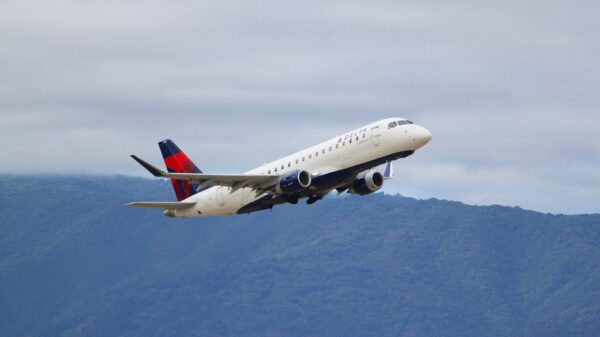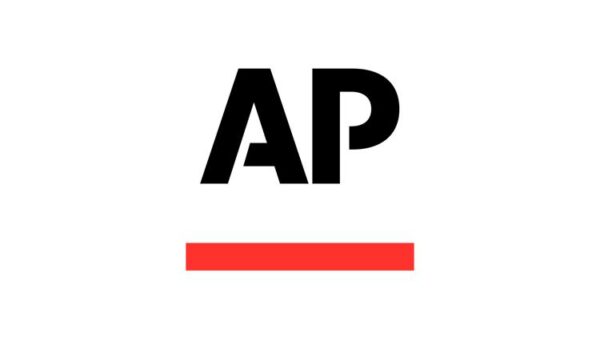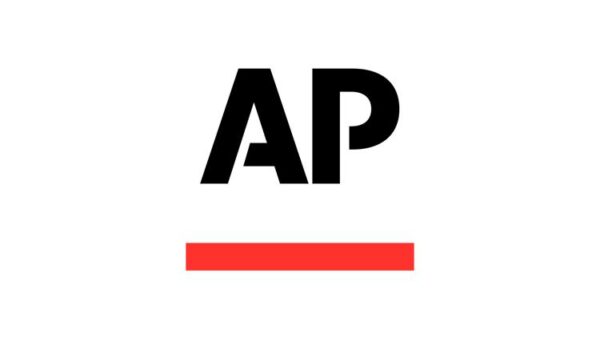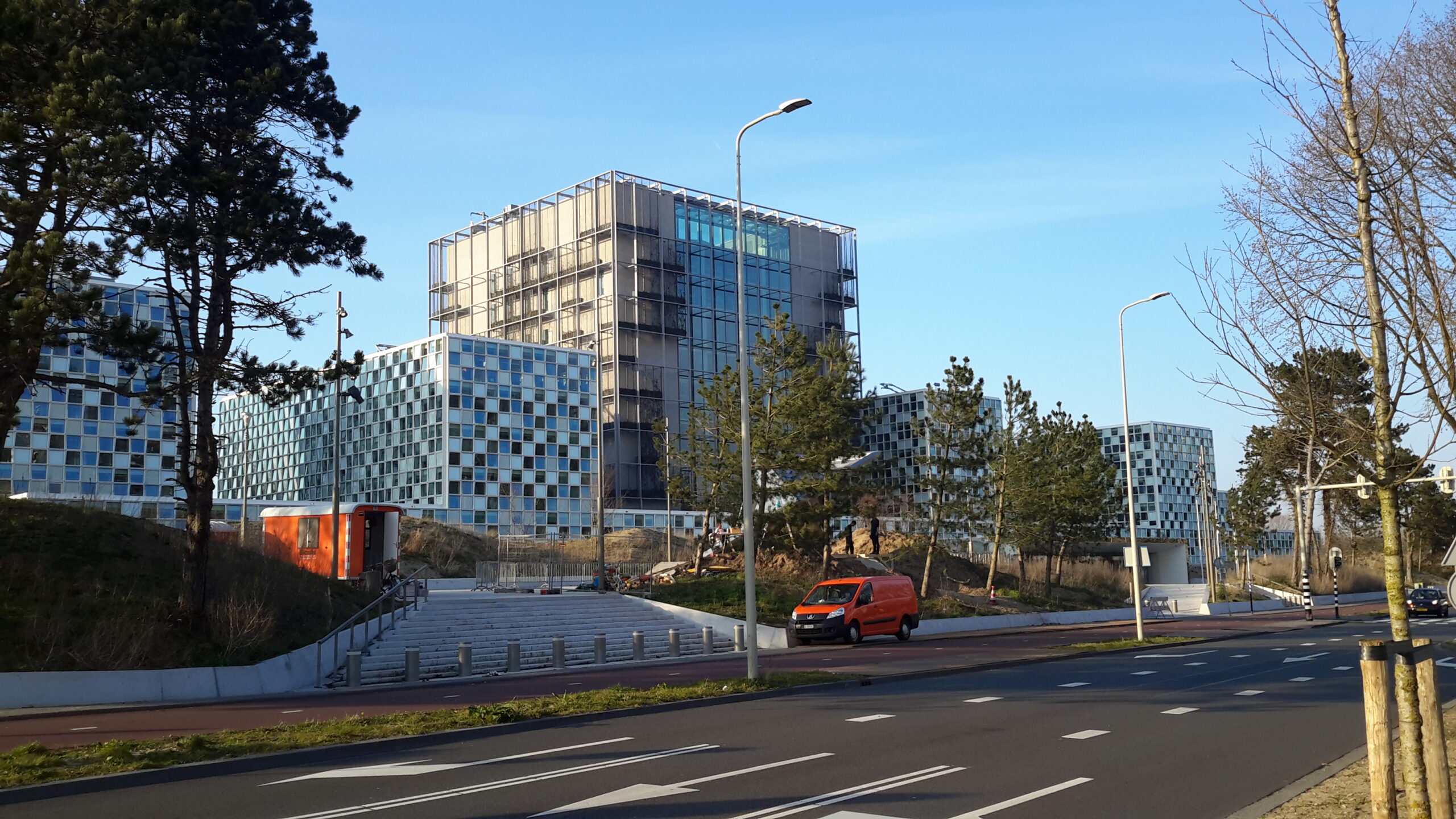Human Rights Watch (HRW) has called on Tajikistan to either deny entry to Russian President Vladimir Putin or arrest him upon his arrival. This demand emerged on October 4, 2023, in anticipation of Putin’s scheduled visit to Tajikistan from October 8 to 10 for the Russia-Central Asia summit and the Commonwealth of Independent States (CIS) Heads of State Council.
The urgency of HRW’s statement stems from an arrest warrant issued against Putin by the International Criminal Court (ICC) on March 17, 2023. The warrant accuses him of war crimes, including “unlawful deportation” and “transfer of population,” especially concerning children. These allegations fall under articles 8(2)(a)(vii) and (viii) of the Rome Statute, the treaty that established the ICC, which has been in effect since 2002. Notably, Tajikistan has been a party to the ICC since its inception.
According to Liz Evenson, HRW’s international justice director, allowing Putin to enter the country would represent “utter disregard for the suffering of victims of Russia’s forces’ crimes in Ukraine and for its own obligations as an ICC member.” Countries that are parties to the Rome Statute must cooperate with the court and enforce arrest warrants, and failure to do so could lead to a referral to the United Nations General Assembly or the Security Council for potential action.
Tajikistan’s previous inaction regarding similar situations raises concerns. In November 2024, President Putin entered Mongolia without facing arrest, despite the warrant against him. This incident highlights the challenges human rights organizations face in holding leaders accountable for alleged crimes.
HRW’s call for action occurs in a broader context of criticism directed at Tajikistan for its human rights record. The nation has faced allegations of crimes against humanity, including torture, rape, solitary confinement, enforced disappearances, forced exile, and murder. Such a backdrop adds weight to HRW’s assertion that Tajikistan must adhere to its commitments as an ICC member.
This situation unfolds against a backdrop of increasing scrutiny from human rights and international law organizations regarding the United Nations’ effectiveness on the global stage. During the UN General Assembly’s 80th session last month, member states reaffirmed their commitment to international legal standards, echoing similar calls for accountability and justice.
As the date of Putin’s visit approaches, the international community remains watchful of Tajikistan’s response to HRW’s demands and its commitment to uphold international law. The implications of this situation extend beyond borders, impacting perceptions of justice and accountability in global governance.




































































